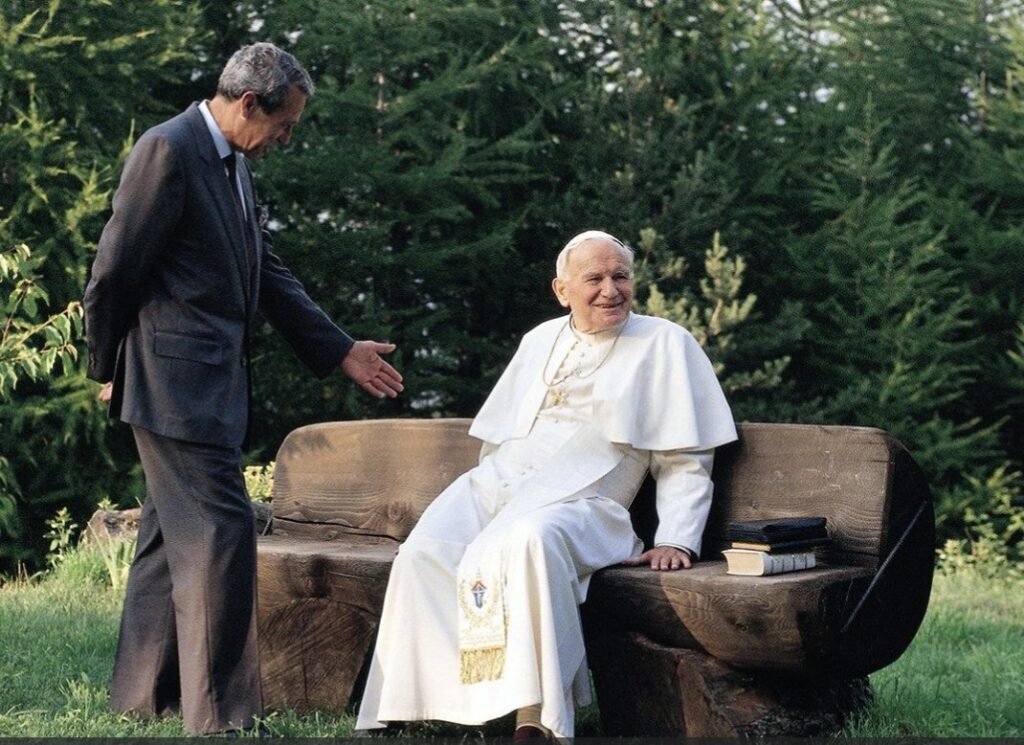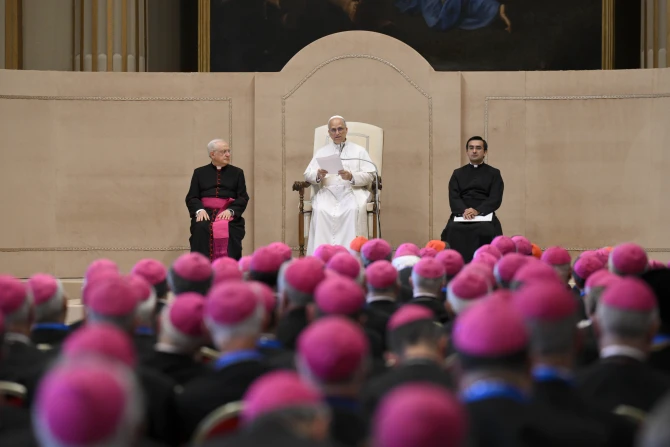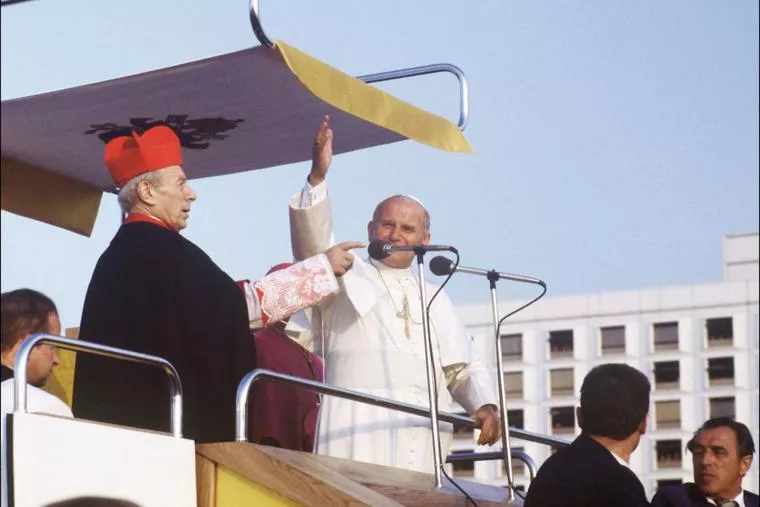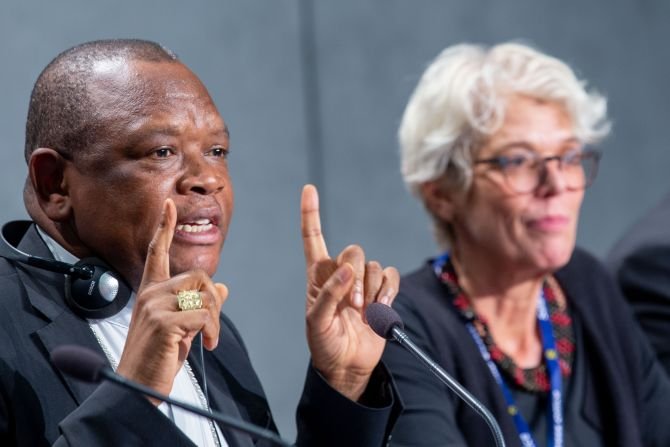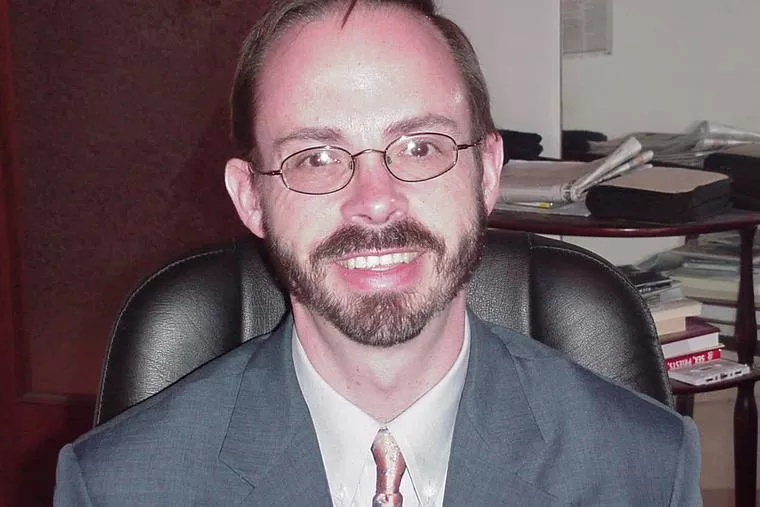“My Years with John Paul II” (Espasa, 2023) is the title under which the personal notes of Joaquín Navarro-Valls, who was the spokesman for the Holy See for 22 years with St. John Paul II and Benedict XVI, have been presented.
The published notes of Navarro-Valls are not excerpts from a “systematic diary” but the edition of the very personal notes of the Spaniard who spent more than two decades serving two Popes as spokesman.
The editor of these notes is Diego Contreras Luzón, vice-rector for Communication at the Pontifical University of the Holy Cross in Rome, who was commissioned to give unity to the letters of Navarro-Valls, who died in 2017.
In them, Contreras explains in conversation with ACI Prensa, no new data is revealed about the pontificate of St. John Paul II or Benedict XVI, but “the behind-the-scenes perspective” of the spokesman of the Vicar of Christ on Earth over two decades.
Navarro-Valls’ notes constitute, in short, “an unmediated look behind the scenes,” above all, of the pontificate of St. John Paul II.
“It is a quite confidential vision,” in which Navarro-Valls is “very meticulous in the description” of some situations and conversations in which the sense of humor of the Polish Pope is reflected or how the relationship of friendship and “mutual admiration” grows between the Spaniard and the Pontiff.
In addition, the “loneliness of the Pope,” which, according to Contreras, was “inversely proportional to his strength,” is exposed especially.
Also, in the book, he highlights how Navarro-Valls collects the first conversations about a possible resignation of the Pontiff with his secretary, the now Archbishop Emeritus of Krakow, Cardinal Stanislaw Dziwizs, in the early 90s of the 20th century.
“As a doctor, he had a good clinical eye,” Contreras recalls, making the notes on “the whole process of the Pope’s health and his sufferings” particularly interesting.
Beyond the concrete contents, Contreras emphasizes: “I am passionate about the book in its simplicity” in the way it reflects the daily life of the Pope.
These notes were the object of desire of the publishers for a long time. Joaquín Navarro-Valls, who had digitized them, although they were taken by hand, began to give them shape at the end of his work at the Vatican.
However, “he soon realized that the work of rewriting was much greater than the strength he had at the time,” says Contreras. Navarro-Valls became disillusioned and thought that “maybe these notes are useless,” he adds.
Navarro-Valls collaborated since its founding in 1996 with the School of Communication at the University of the Holy Cross. “We knew about the notes, and we hadn’t read them, but we offered to ‘spruce them up,’ and he didn’t mind the proposal,” explains Contreras.
Thus, a group of professors from the Navarro-Valls Chair dedicated themselves to removing repetitions, deleting irrelevant material, and summarizing long episodes.
They also eliminated the complete speeches of the Popes -which can be easily found on the Internet-reviewed stylistic issues and checked names.
The fact that the book was published almost six years after his death is due, above all, to the desire of the Vatican spokesman.
Contreras estimates, “as his impression,” that Navarro-Valls “did not want to publish it during his lifetime, but years later so as not to be the protagonist.”
He also wanted to leave time and corroborate if his annotations were still of interest and, on the other hand, so that their publication would not be understood as a vindication of his performance.

